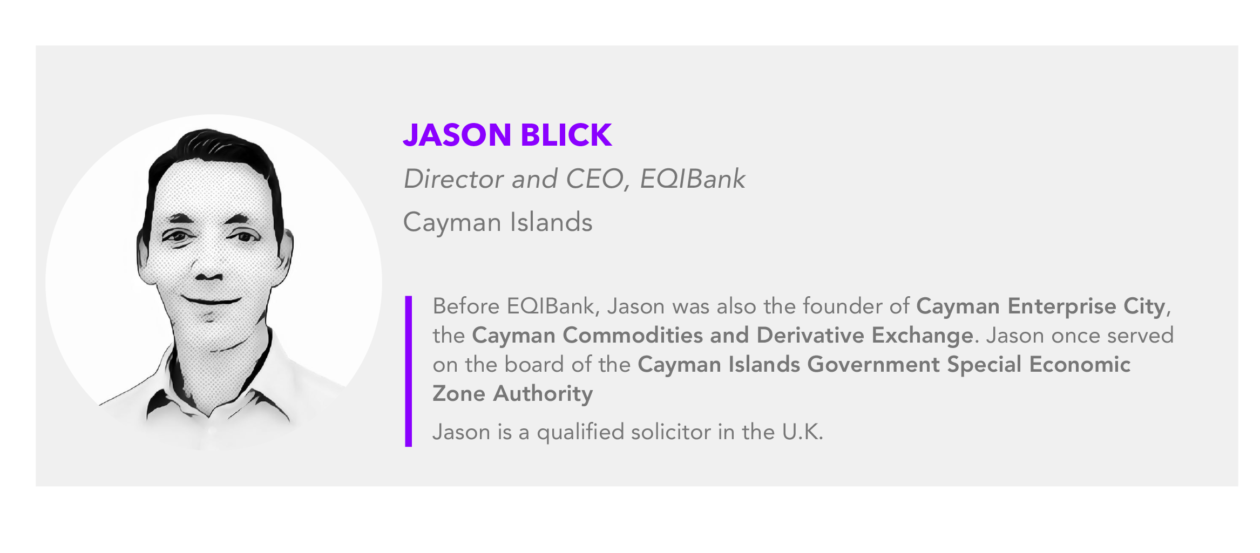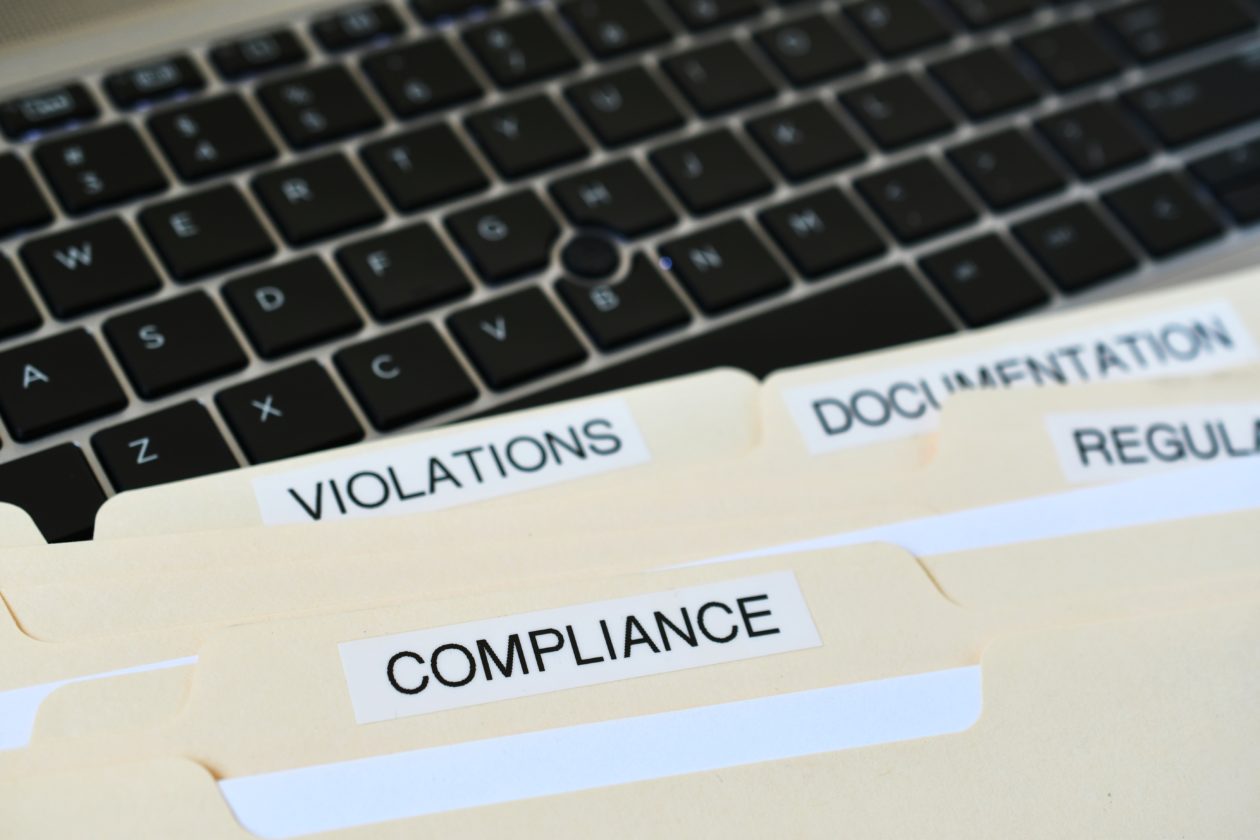As the adoption of decentralized finance (DeFi) technology accelerates rapidly, we have reached a crucial juncture where it’s essential that governments and regulatory bodies start to take action. DeFi, a blockchain-based form of digital finance that eliminates the need for third-party intermediaries (such as centralized brokerages or exchanges), has grown immensely within the last year to become a sector valued in excess of US$250 billion. The industry grew more than 88 times in size between May 2020 and May 2021 – and it shows no signs of slowing down.
The growth of DeFi can be explained by the appeal it has to consumers. To access financial products on public decentralized blockchain networks, consumers do not need a government-issued ID, a social security number, proof of address, or similar documentation. This opens up access to financial products to the billions of people who cannot access financial services because their data is not held on “traditional” sources. This is a momentous step forward in terms of financial inclusion.

Another significant benefit of DeFi is that it removes most of the parties that have traditionally served as middlemen in financial transactions, such as payments infrastructure companies like PayPal or Visa. By removing these intermediaries, DeFi also removes many of the fees involved in each step of a financial transaction. It also enables buyers, sellers, lenders and borrowers to interact peer to peer, or with a strictly software-based intermediary, as opposed to a banking institution or another type of company. These financial products are provided by DeFi apps through the use of “smart contracts” that encode the terms and conditions of loans and other agreements and liquidate collateral when the terms are not met.
At the rate at which DeFi is growing, government bodies can no longer ignore what’s going on within the sector. It is critical for regulators to accept that DeFi is here to stay. How regulators and governments act in the coming months will play a significant role in determining how well they thrive in the future.
The absence of regulation
Though DeFi’s greatest strength is how it offers a revolutionary alternative to traditional financial institutions, we have seen recently that problems can arise. By virtue of being decentralized, it is currently difficult to hold individuals or entities accountable for security failures, hacking incidents, and the theft of digital assets within the DeFi market. This has been demonstrated with recent high profile incidents involving the Poly Network and Japanese crypto exchange Liquid, which respectively saw US$600 million and US$100 million stolen by hackers.
When we look at events such as these, commentators have asked if it is even possible to regulate the DeFi industry. DeFi is currently managed under existing regulatory laws, but around the world, these laws were developed before regulators had to consider the vast benefits and the multifaceted risks associated with the decentralized economy. Because blockchain is decentralized and works across borders, DeFi users often aren’t held accountable by financial systems, national identity services or taxation systems. This presents obvious challenges in regards to “know your customer” (KYC) regulations, which will ultimately need to be addressed by regulators.
One of the obstacles to implementing regulation that could help crack down on issues within DeFi is the fact that DeFi transactions tend to take place globally. While growing at an unprecedented pace, the DeFi industry is still in many ways in its infancy. Regulators have barely begun to consider how to coordinate across borders. Global cooperation and coordination on DeFi is particularly difficult when many countries are at vastly different stages of financial regulatory development.
Attempts to regulate DeFi
Governments that lead the charge with the regulation of the DeFi industry will inevitably benefit from taking action. The World Economic Forum (WEF) recently published a DeFi policy toolkit with the aim of assisting governments to address a problem they never expected to deal with – regulating a finance sector with no intermediaries.
The toolkit was developed by regulators around the world, including those involved in the recently established European Markets in Crypto Assets (MiCA) proposal. The WEF document serves as a starting point for developing regulation and understanding the critical decisions that need to be made. It presents an argument for a technologically neutral approach that balances the objectives of regulators with the objectives of DeFi.
As outlined by the toolkit, strong, decisive regulation needs to be fair, efficient, effective, and enforceable. Regulation should protect consumers and investors while retaining market integrity and DeFi’s unique benefits.
We are not yet at a stage where this kind of regulation has been implemented globally, but some jurisdictions have taken the first steps. For example, the European Commission adopted the MiCA proposal with the goal of setting out clear rules for crypto assets under the jurisdiction of the European Economic Area (EEA). The proposal takes steps towards general regulation of tokens and the supervision of issuers and firms that qualify as crypto-asset service providers (CASPs).
MiCA is the EU’s attempt at clarifying which tokens are considered “financial instruments” and which are “crypto-assets” — determining whether they will fall under existing regulations or MiCA’s crypto-specific regulations, respectively. The response to MiCA’s regulatory proposals has been mixed, with some stating that the proposals are comprehensive enough to mitigate risks and better protect consumers, and others expressing concern that the proposals could raise challenges for fintech start-ups that are not as well protected under MiCA as traditional financial institutions.
In the U.S., the path to fair, efficient, and effective regulation has been anything but straightforward. To the dismay of cryptocurrency advocates, the U.S. Senate recently approved a $1.2 trillion infrastructure bill that included an article that puts the entire future of the cryptocurrency industry at risk. The bill’s broad definition of the term “broker” is so vague that it could potentially include miners, validators, and developers of decentralized applications.
The problem here is that the bill requires “brokers” of transactions to identify and report customers to the Internal Revenue Service (IRS) to ensure they are paying taxes. As the cryptocurrency industry rallied to express, this is unworkable as it is impossible for those that fall under the category of “broker” to actually identify their customers. Within the DeFi and cryptocurrency industries, the approval of the bill with this particular article has been a source of contention.
While this is a frustrating blow to the industry, there is still optimism that the U.S. can bounce back from this misstep. It’s highly likely that the bill will be challenged by crypto lobbyists again and again in the coming weeks and months, who are hoping to steer the Senate back on track to implementing realistic and fair DeFi regulations more aligned with the WEF’s toolkit recommendations. Across jurisdictions such as the U.S., E.U. and smaller national governments, there’s still a great degree of uncertainty about the future of DeFi regulation.
One thing that is certain, however, is that DeFi is here to stay. Already, millions are borrowing, lending, trading, and saving without the permission of institutions, whose interests are at odds with those of their customers. There is a clear consumer appetite for technology that offers them more control over their own assets, while still having access to everyday financial products. A progressive approach towards regulation is essential; the governments that recognise this and act accordingly will be those that not only pave the way in the field of DeFi, but also reap the benefits in the coming decades.




